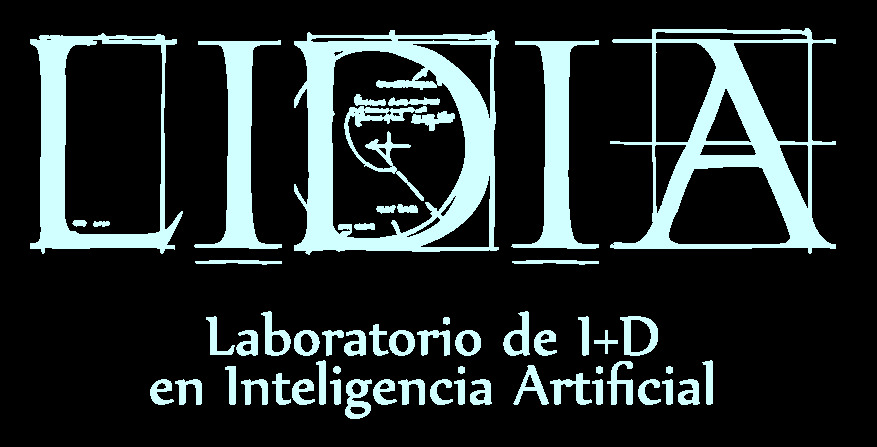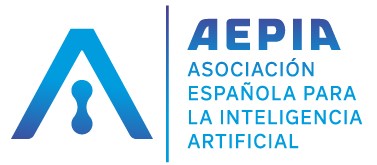Ethical, political and philosophical considerations of artificial intelligence (EticAI)
Banking, transportation, scientific research, health care, entertainment industry, business, public administration ... all are based on the processing and use of huge amounts of data and the use of digital technologies. The various artificial intelligence techniques are used by the public and private sectors to better predict and classify massive data (Big Data) and thus offer all kinds of services and products to citizens and society in general.
On the other hand, it does not make sense to talk about the impact of all these technologies on human society and at the same time deny that this society is made up of free people and, therefore, responsible for their actions. for their actions. However, it is extremely difficult to explain rationally what it is to be free, and how the certainty that we are free is combined with the certainty that we are free. the certainty that we are free, at least to some degree, with the techno-scientific vision of the world. It is well known that among the theorists of artificial intelligence there is no shortage of both those who deny human freedom (we are all machines) and those who affirm the possibility, even imminent, of building "free machines". The anthropological, ethical or legal consequences of not adequately distinguishing distinguish adequately between Strong AI and Weak AI can be enormous, and the large language models (LLMs) have only brought the problem to the fore.
In this workshop we want to invite researchers with different skills and different fields of study (among them, economics, engineering, psychology, law, sociology, political science, ethics, philosophy...) to examine and analyze, on the one hand, different philosophical perspectives that can shed light on the question of freedom and in humans and machines; and, on the other hand, the methods, strategies, and protocols applicable in the mitigation of inherent risks and the evaluation of the impact derived from failures or loss of control in artificial intelligence systems. This workshop involves a detailed exploration of control dynamics, feedback mechanisms, and monitoring and correction methodologies in artificial intelligence systems. and correction methodologies in complex systems, in order to optimize stability and response to unforeseen contingencies. and response to unforeseen contingencies, with emphasis on the controllability and safety aspects of artificial intelligence. and security aspects of artificial intelligence.
Chairs
- Gonzalo Génova, Universidad Carlos III de Madrid, gonzalo.genova@uc3m.es
- Aníbal M. Astobiza, UPV/EHU, Globernance, anibalmastobiza@gmail.com
- Cristina Astier, Central European University, mcastier.m@gmail.com
- María Rubio Juan , Universidad Rey Juan Carlos, m.rubioj.2018@alumnos.urjc.es
- José Alejandro Fernández Cuesta , Universidad Complutense de Madrid, josealef@ucm.es
Topics
This workshop aims to be a forum for interdisciplinary reflection that allows the presentation of research of various profiles, both humanistic (philosophical, sociological, psychological, legal, etc.) and technological (development of algorithms, techniques, tools and platforms oriented towards the control and supervision of the ethical impact of artificial intelligence systems). These topics include, but are not limited to:
- Philosophical and psychological questions about the nature of AI, freedom, the difference between humans and machines, etc.
- Ethical issues raised by basic research and the design and use of practical applications of AI.
- The need for a better public understanding of AI, including the benefits and risks of its development and its impact on policy and society.
- Need for regulatory frameworks and guidelines, including self-regulation and limitations, and controls on the development and application of AI technologies.
- Emerging public policy and the possibility of legislative interventions linked to current and future ethical issues related to the use of AI technologies and their applications.
- How to balance the relationship between technology-law-society.
Program commitee
- Cristina Astier, Universitat Pompeu Fabra
- Aníbal M. Astobiza, UPV/EHU, Globernance
- Txetxu Ausín, IFS-CSIC
- José Alejandro Fernández Cuesta, Universidad Rey Juan Carlos
- Joaquín Fernández Mateo, Universidad Rey Juan Carlos
- Gonzalo Génova, Universidad Carlos III de Madrid
- Karim Javier Gherab Martín, Universidad Rey Juan Carlos
- Daniel Innerarity, Ikerbasque, Instituto Europeo de Florencia
- María Rubio Juan, Universidad Rey Juan Carlos
Submission & formatting
The instructions for the preparation of the works and the conditions of the different types of contributions are the same as those of the CAEPIA conference, and are available at https://caepia2024.aepia.org/cfp_es.html.
Submission of papers for the workshop must be done through the CAEPIA EasyChair, available at Easychair , using this workshop track.







